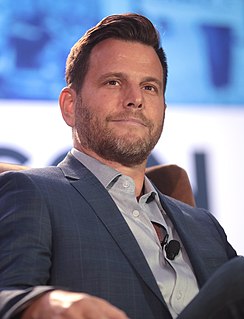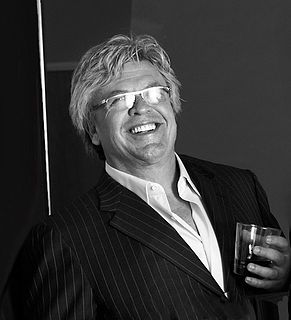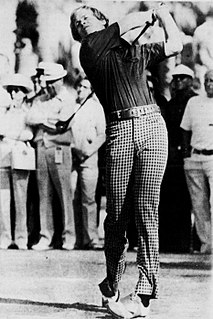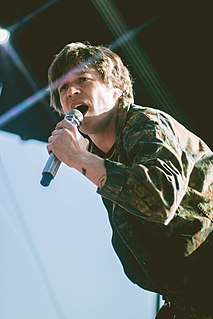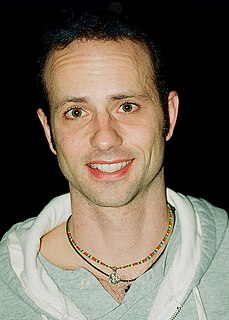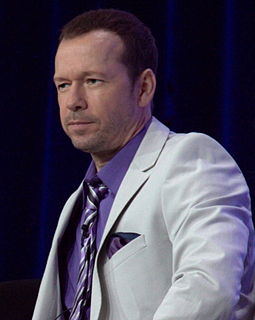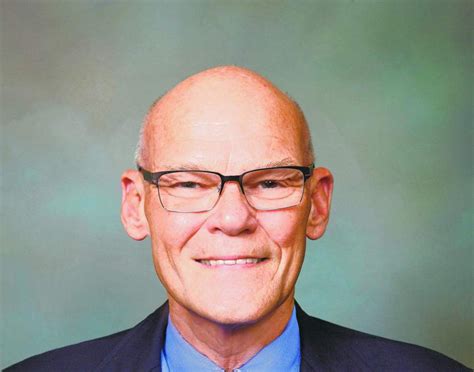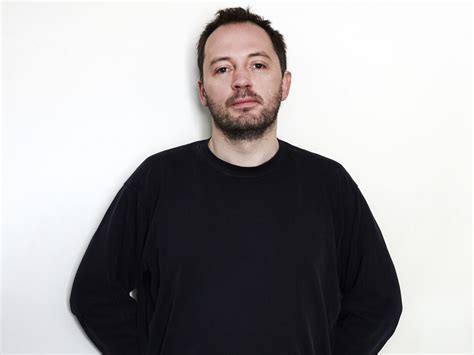A Quote by Dave Rubin
Even though standup seems like one-way conversation, if you're doing it right, it's actually a two-way discussion between the comic and the audience... the audience just happens to be communicating through laughter.
Related Quotes
I only like the live audience. I don't even like to do standup where it's being filmed. Because it affects the way the audience responds to what you say, because it makes them uncomfortable. You have to perform in a light room, and I prefer a dark room. But I love to perform, and I don't really see myself doing any television at all.
It just gives us that adrenaline charge when we go on. We know we're gonna come off two hours later, but we're pushing it all the way; we build it right through. It's amazing how it happens. It's sort of magical, because you couldn't do it in a rehearsal like that; you need that audience in front, and that's really what gets us going.
I was really sick of bands just ignoring the audience as a posture in rock music. And I think we fed off each other in terms of trying to engage the audience, not in a hammy way, but actually trying to be aware of the space that you are playing in and trying to connect in some way through the music.
The most stressful and difficult part of steering a large movie is that you are taking on the responsibility of communicating with a very wide audience. You can't ever hide behind the notion of, 'Okay, they just don't get it,' or, 'Certain people just don't get it.' You have to be mindful of the size of your audience, and you have to communicate in a way that lets them in.
I was also a fan of the first one Saw movie. I knew there was a danger in doing the sequel, especially like this. They have such a core audience for the Saw movies. The fans of the movie actually demanded a sequel. They were on the internet going crazy. I don't even go on the internet. I don't even know how all this stuff happens. But they wanted it and one the one hand that's good, because you know there's an audience.
Don't let a single comic moment pass you by; then help the audience get the laughs. Give them permission to laugh by holding for laughter and by letting them know early on what they're in for. In the first few moments, the audience is gathering information, looking at the scenery and costumes. Create a comic moment as soon as you can.
The big difference I think between tv and stage is definitely the immediate buzz that you get. And that's not just as an actor, as an audience member you're getting the chance to have this kind of two-way process where the actors and the audience are experiencing the same thing. With tv you often have to wait months and months down the line to actually get the pay-off. Whereas with theatre it's a very immediate thing.
